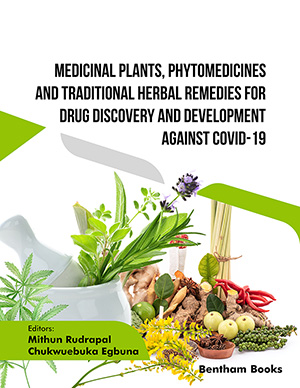Abstract
Background: Colorectal cancer is one of the most common types of cancer worldwide and a leading cause of death in Jordan. BCL-2 and MCL-1 are anti-apoptotic proteins that inhibit programmed cell death and their over-expression has been shown to be associated with reduced sensitivity to chemotherapy and poor survival in cancer patients.
Objectives: In the present study, three SNPs in the promoter region of antiapoptotic genes were investigated in an effort to inspect the occurrences of SNPs (rs2279115, rs4987852) in the promoter region of BCL2 and SNP (rs9803935) in the promoter region of MCL1 in Jordanian patients with CRC, and investigate correlations between BCL2 and MCL1 SNPs and clinical outcomes.
Methods: PCR-restriction fragment length polymorphism (RFLP)-based analysis was used for samples genotyping.
Results: The BCL2 rs2279115 and MCL1 rs9803935 SNPs showed significant distribution where mutant and hetero genotypes are more prominent in CRC patients. Additionally, the rs2279115 genotypes and alleles were associated with stages of disease, its recurrence and metastasis. The MCL1 rs9803935 genotypes were associated disease metastasis. However, for BCL2 rs4987852 SNP, there was no association of genotypes or alleles with any of the disease variables.
Conclusion: The BCL2 SNPs (rs2279115) and MCL1 SNP (rs9803935) present as important determinants of the progress of CRC in Jordanian patients.
Keywords: BCL2, MCL1, SNP, Chemotherapy, colorectal cancer, Jordan.
[http://dx.doi.org/10.1155/2017/3180762] [PMID: 28458690]
[http://dx.doi.org/10.26719/2010.16.8.837] [PMID: 21469565]
[http://dx.doi.org/10.1200/JCO.2009.24.0952] [PMID: 19949014]
[http://dx.doi.org/10.7326/0003-4819-129-1-199807010-00007] [PMID: 9652996]
[http://dx.doi.org/10.1038/onc.2008.466] [PMID: 19137012]
[http://dx.doi.org/10.1038/onc.2009.50] [PMID: 19641498]
[http://dx.doi.org/10.1182/blood.V83.8.2038.2038] [PMID: 8161775]
[http://dx.doi.org/10.1182/blood-2008-07-169110] [PMID: 19141860]
[http://dx.doi.org/10.1016/j.juro.2009.03.081] [PMID: 19539330]
[http://dx.doi.org/10.1016/j.leukres.2009.05.009] [PMID: 19520430]
[http://dx.doi.org/10.1186/1471-2407-12-159] [PMID: 22548841]
[http://dx.doi.org/10.1002/mc.21838] [PMID: 22086558]
[http://dx.doi.org/10.1182/blood-2008-08-173450] [PMID: 19008456]
[http://dx.doi.org/10.1016/j.molcel.2010.01.025] [PMID: 20159550]
[http://dx.doi.org/10.1038/onc.2010.559] [PMID: 21132008]
[http://dx.doi.org/10.1371/journal.pone.0060915] [PMID: 23637776]
[http://dx.doi.org/10.1111/j.1365-2567.2005.02117.x] [PMID: 15804279]
[http://dx.doi.org/10.2174/1876390101103010003]
[http://dx.doi.org/10.1186/2193-1801-1-38] [PMID: 23961365]
[http://dx.doi.org/10.1158/1078-0432.CCR-06-2673] [PMID: 17908970]
[http://dx.doi.org/10.1182/blood-2006-03-007567] [PMID: 16960146]
[http://dx.doi.org/10.1002/cncr.26502] [PMID: 21887682]
[http://dx.doi.org/10.3109/07357900903095714] [PMID: 19968497]
[http://dx.doi.org/10.1002/bimj.201300048] [PMID: 24395208]































